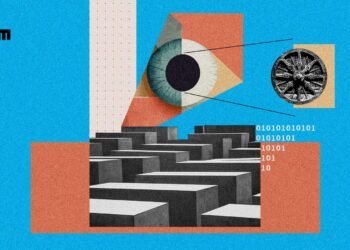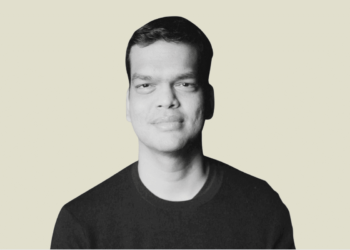Throughout history, music has been recognized for its ability to heal the mind, body, and spirit. This belief dates back to the Upper Paleolithic period, approximately 20,000 years ago, where music was used by shamans and healers to treat a variety of ailments. However, in modern times, we have separated healing and music, viewing healing as the domain of doctors and music as mere entertainment. It is time to reunite these two integral parts of our lives.
In the past decade, scientific advancements have provided a rational basis for this reunification. A growing body of research has shown that music can have the same therapeutic effects as prescription drugs, surgeries, and other evidence-based treatments. In fact, in the past two years alone, over 8,000 papers have been published on the topic in peer-reviewed journals.
Music has been used for centuries to relieve a range of ailments, from chronic pain to depression, anxiety, and even boredom. It has also played a significant role in social interactions, courtship, and life-cycle ceremonies. In 2024, after years of scientific research and conferences, the question was finally answered: Can music deliver proven medical effects? The answer was a resounding yes.
We now have evidence to support the efficacy of music therapy and musical interventions in improving various health outcomes and promoting overall wellness. From treating Parkinson’s and Alzheimer’s to managing chronic pain and depression, music is no longer considered a fringe treatment in modern medicine. Major healthcare companies have even started incorporating music into their procedures for hospital, clinical, and outpatient settings.
In 2025, we can expect to see a renewed and reinvigorated use of music as a remedy, based on evidence from well-conducted studies. We will witness more sophisticated and personalized uses of music for specific ailments, as well as for improving immune system function and overall wellness. With the help of AI, music will play an even more significant role in healthcare, from hospitals to homes, and from illness to neurorehabilitation, mindfulness practices, and wellness. AI will not only assist in selecting the right songs and genres for an individual’s preferences and needs but may also one day extract the “DNA” of music to identify precisely what music will be most effective in meeting an individual’s therapeutic needs.
In conclusion, the future of music in healthcare is bright, and it extends far beyond just entertainment. With the integration of music into evidence-based treatments and the use of AI to personalize music medicine, we can expect to see significant advancements in the field of music therapy and its ability to heal the mind, body, and spirit.



















